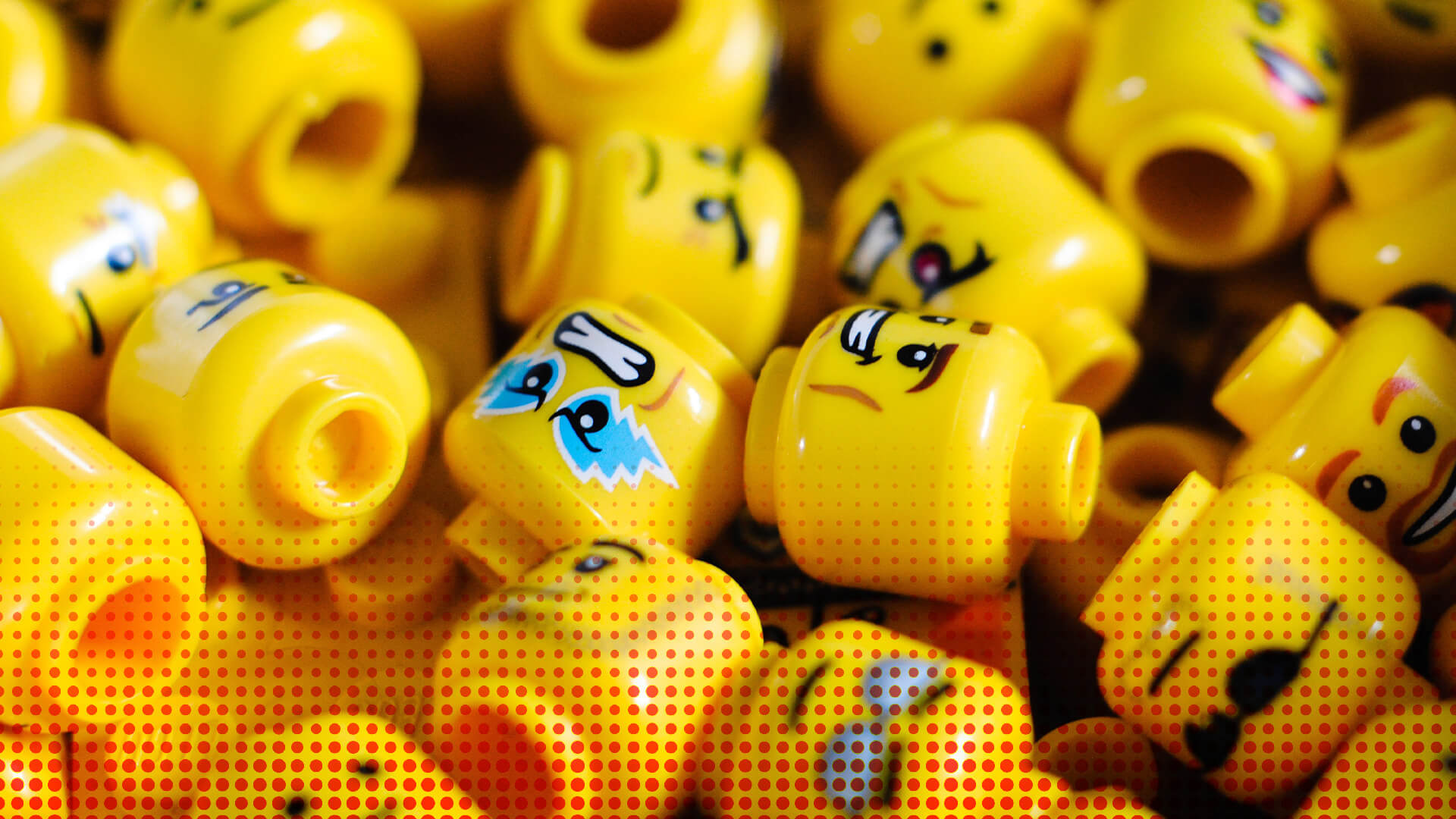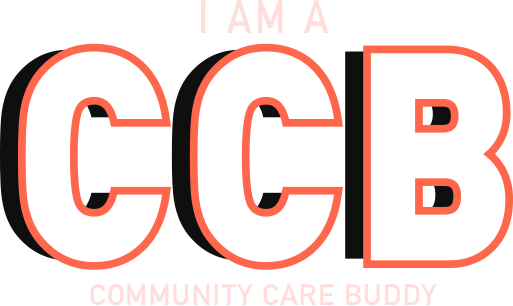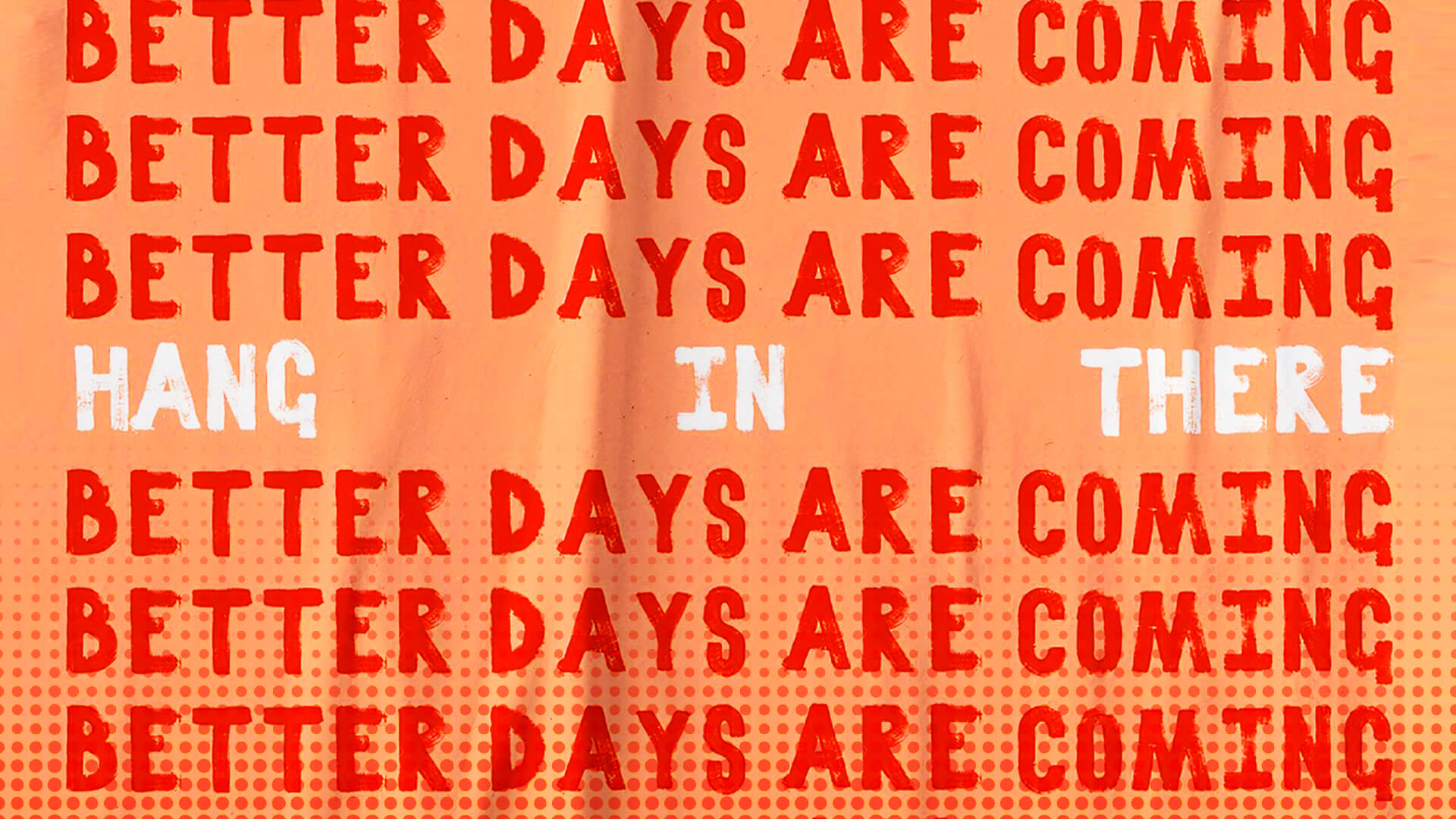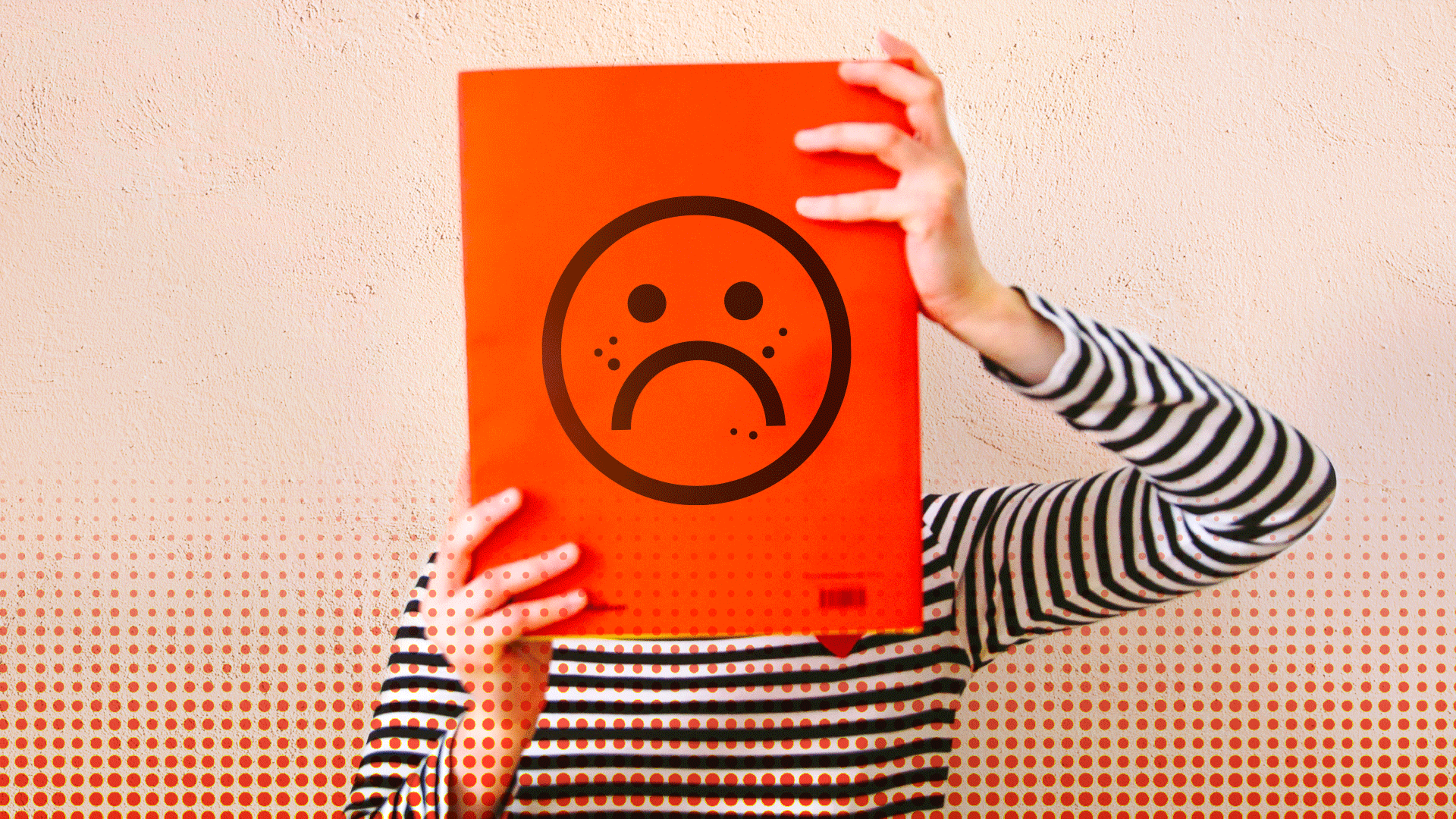
Limpeh know that talking about mental health with children can be difficult, even without the pandemic. But though we are almost at the end of this CB period – pardon the drama – life as we know it, is over.
Already some things have changed: the kids have to stay in most of the time and cannot go out. Must wear mask and cannot touch other people. When they are back at school, confirm must sit far far away from their friends and play less. Also, mummy and daddy are at home, but always on the computer working.
How to help the ginnas understand what’s going on?
Limpeh ask A/Prof John Wong Chee Meng from NUHS Mind Science Centre and Ms Sonia A from REACH (West) on how to support your child if they are damn stressed.
How to know?
A/Prof Wong poses us a question: can you remember how your child behaved before this COVID-19 situation went chibaboom? How did they respond to stressful situations previously? Then compare to now, after COVID started affecting us. They might be showing some changes from their usual pattern.
Like what ah?
Some things to note:
- They suddenly become very onz about COVID-19 information. For example, they keep looking at the news and talking about the pandemic, and also obsess over the daily number of cases.
- Their mood seems worse – more sad or irritable.
- Their behaviour become more jialat. For example, they get restless or show disruptive behaviour. They might even throw tantrums or complain of body aches.
- You notice changes to their physiological functioning. For example, sleep disturbances like nightmares, insomnia or hypersomnia. Or a change in the way they eat – either eat much more than usual or don’t want to eat cos no appetite. Also, they might have problems concentrating on tasks.
- They might go to the toilet more often than before, or keep on wanting to wash their hands. They might also keep on wanting to wear a mask. Yes, it’s possible.
- Sometimes the way they play also can change. Maybe they become more enthu, or maybe they don’t want to play at all, which is different from last time. Also, check out what they are playing. Got anything to do with death or harming others? These might be telling signs.
If got signs, then what to do sia?
Parents, take note ok. Look out for the above signs and symptoms of stress and anxiety in your child and any out-of-the-ordinary behaviour that only surfaced recently. The REACH (West) team gives some tips on how to talk about this COVID-19 monster with your child.
- Don’t shy. Be open and talk to them. Be supportive and reassure them it’s ok.
- Ask your child to tell you what they hear about COVID-19, and ask how they feel.
- This time ah, let them ask all the questions they want lah. Then help them find the answers so they won’t be so scared or have bad thoughts in their head.
- You can tell them about the virus, but please ah, must be suitable for their age and easy to understand. Like hor, we might tell them that the pandemic affected many people, but usually the symptoms are ok for most patients. Also, if we stay safe, we should be ok.
- Don’t chut pattern with the routine at home. Wake up at 8am means wake up around that time, eat at noon means eat at noon. Don’t whack only, suka suka do things because no school. Must balance study and play, and make sure they get enough good sleep so they are happy and healthy.
-
You know hor, now is actually a good time to flex your creative muscle. Do fun exercises, sing some songs together or can teach them your lao niang’s old recipes. You see, our website got so many ideas for you and your ginnas.
You first.
This situation hor, no one saw coming lah. We all really got to just adapt. But limpeh say first ah: parents, tolong tolong please look after yourself first.
If you feel panic or anxious about COVID-19, or kancheong about why your child is acting different, please get help. Really no need to paiseh. You can even look for caregiver support or engage in self-care activities to prevent burnout.








